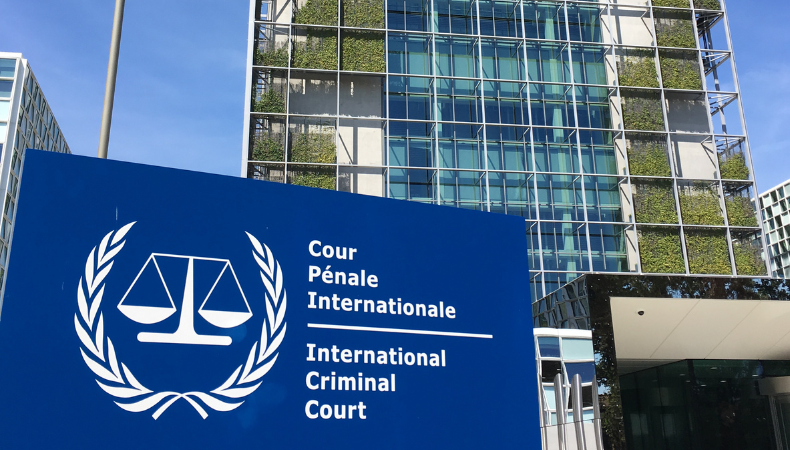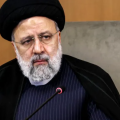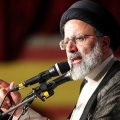ICC Charges Loom Over Netanyahu: Can Peace Talks Offer a Way Out?

Netanyahu’s leadership has come under scrutiny several times. The most recent decision by the ICC has produced opposing opinions; some consider it as a necessary step towards ensuring responsibility while others view international law as broken. This development has spurred a more general debate about the authority of international institutions in internal affairs of sovereign states and the difficult character of behaviour during periods of war. These discussions draw attention to the long-standing challenge of balancing the ideals of national sovereignty with the search of global justice, therefore influencing the basis of global governance.
The Road towards Harmony
For Netanyahu, within this legal anarchy, there is a faint hope. Leader of Israeli opposition Yair Lapid has advised that peace negotiations would give Netanyahu a way out of his current predicament. A truce in Gaza and normalising of relations with Saudi Arabia provide a sensible path for the creation of a future Palestinian state according to the offered peace proposal. Should this peace project be successful, it could indicate a significant change in the dynamics of the region, therefore encouraging stability and coexistence. Through honest communication and talks, Netanyahu may change his reputation from one marred by legal conflicts to one defined by diplomatic achievements.
Archaeological Prospect
Given Israel is about to negotiate a possible peace treaty with Saudi Arabia, Netanyahu’s current challenges have a historical context. This revelation might fundamentally alter the Middle Eastern geopolitical situation and provide Netanyahu an opportunity to shift the narrative from his legal issues towards his responsibility in ensuring long-lasting peace. Apart from bilateral relations, this agreement guarantees more general regional cooperation, which could inspire economic development and security improvement. Taking use of this historic opportunity, however, requires careful navigation since it calls for fixing fundamental problems while nevertheless enabling the objectives of many parties.
Ahead Challenges
Still, there are difficulties on the way to peace. Both sides have a great deal of mistrust; hardliners question the genuineness and feasibility of proposed concessions. Furthermore under enormous domestic political pressure is Netanyahu from inside his coalition. Building confidence, being ready to compromise, and truly dedicated to long-term solutions will help one succeed in peace discussions. Moreover, sustaining momentum towards peace and securing compliance depend on the aid and involvement of the whole society.
Final Thought: Crossroads of Israel
Given Netanyahu’s position at a turning moment, the most important question remains is: Can peace negotiations offer a practical means out of his legal entangements? One may find the answer in precisely juggling the demands of justice and diplomacy. Whether Netanyahu can manage this difficult terrain and present a mediator or yield to the demands of international legal investigation will depend much on the following weeks. His ability to seize this historic chance for peace would alter his leadership and influence the path of the Israeli-Palestinian conflict. Against adversity, Netanyahu’s decisions have enormous effects not only for his own fate but also for the more general Middle Eastern peace and stability search.
More Broad Interpretive Connotations Regarding International Relations
The problem of Netanyahu exposes a more general conundrum in international relations: how to strike a balance between accountability and the demand for diplomatic settlement? Leaders can be held accountable globally and a precedent is formed by including the ICC. This precedent has far-reaching effects for other leaders faced with similar accusations and might assist to promote respect of international rules and regulations. Conversely, successful peace negotiations would underline the need of diplomacy and communication in resolving long-standing conflicts, therefore offering hope for other regions beset with persistent tensions.
Keep Reading
Future Forward Looking Ahead
As things go, the world community keeps vigilant. Providing a ray of hope amid continuous strife, a successful peace agreement negotiated by Netanyahu might create the way for new projects aiming at complete peace in the surrounding countries. On the other side, failure to get such a consensus will worsen already difficult situation and complicate things more. The tremendous stakes and unknown outcomes highlight the importance of intelligent diplomacy and capable leadership. The decisions chosen during the coming weeks will be felt in Israel’s future, Netanyahu’s presidency, and the Middle Eastern landscape broadly.








